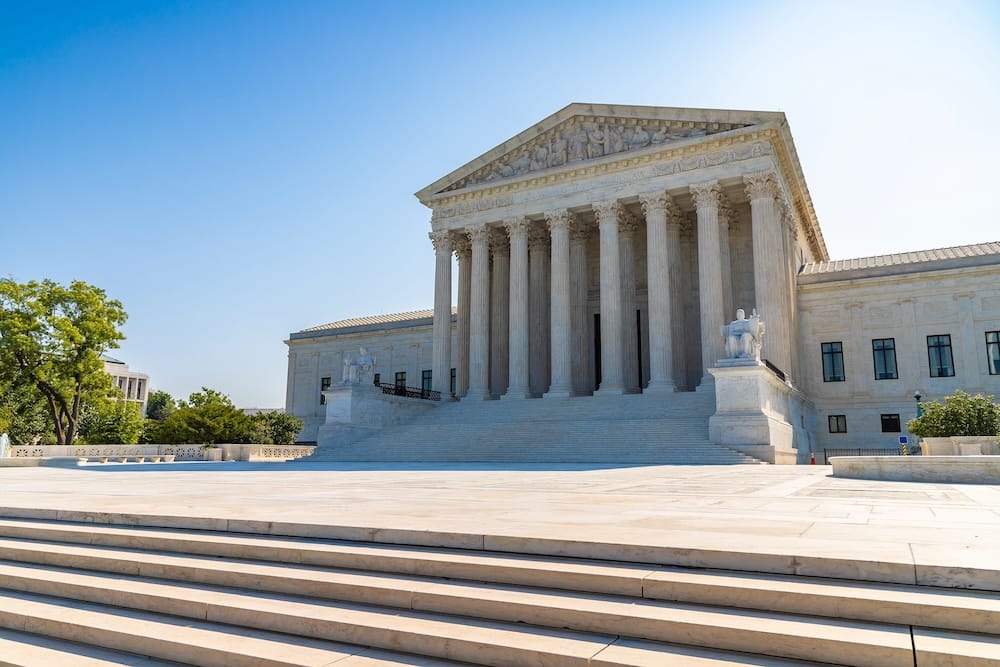

Landmark Ruling Affirms State Authority
In a significant decision on June 18, the U.S. Supreme Court ruled 6-3 in United States v. Skrmetti to uphold Tennessee's Senate Bill 1. This law prohibits medical treatments intended to allow minors to identify with a gender inconsistent with their biological sex. The court's decision affirms the state's authority to regulate such treatments, determining that the law does not violate the Equal Protection Clause of the Fourteenth Amendment.
This ruling marks a pivotal moment for states seeking to protect young individuals from irreversible medical procedures. Tennessee's legislation, enacted to address concerns over the long-term impacts of such treatments, has now been validated by the highest court in the land, setting a precedent for similar laws nationwide.
Details of Tennessee's Senate Bill 1 and Legal Challenge
Tennessee Senate Bill 1 specifically bans healthcare providers from offering treatments like puberty blockers and hormone therapy to minors under 18 for the purpose of gender transition. The federal government challenged the law, arguing it discriminated based on sex and violated equal protection rights. However, the Supreme Court rejected this claim, with the majority opinion stating that the law satisfies rational basis review and is not subject to heightened scrutiny under the Equal Protection Clause.
The case saw earlier rulings, including a district court decision in favor of the federal government, which was later overturned by the 6th U.S. Circuit Court of Appeals. The Supreme Court's final verdict reinforces the appellate court's stance, prioritizing state-level decision-making in matters of child welfare and medical ethics.
The decision comes after oral arguments on December 4, 2024, where justices expressed skepticism about claims of constitutional violations. This outcome reflects a careful consideration of the balance between individual rights and the state's duty to safeguard vulnerable populations.
Implications for State Laws and Future Policy
The Supreme Court's ruling in United States v. Skrmetti is likely to embolden other states with similar legislation to enforce bans on gender transition treatments for minors. It provides a legal foundation for policies aimed at protecting children from medical interventions deemed experimental or harmful by state legislatures.
Under the leadership of President Donald J. Trump, this decision aligns with a broader commitment to uphold traditional values and prioritize the well-being of American youth. It underscores a focus on ensuring that medical practices involving minors are guided by caution and sound judgment, as determined by elected state officials rather than federal overreach.
Dues are $12 per year. Member benefits:
✅ Ad-Free Website Viewing
✅ Advocacy for Republican Seniors
✅ 120+ Senior Discounts
✅ Member Only Newsletters